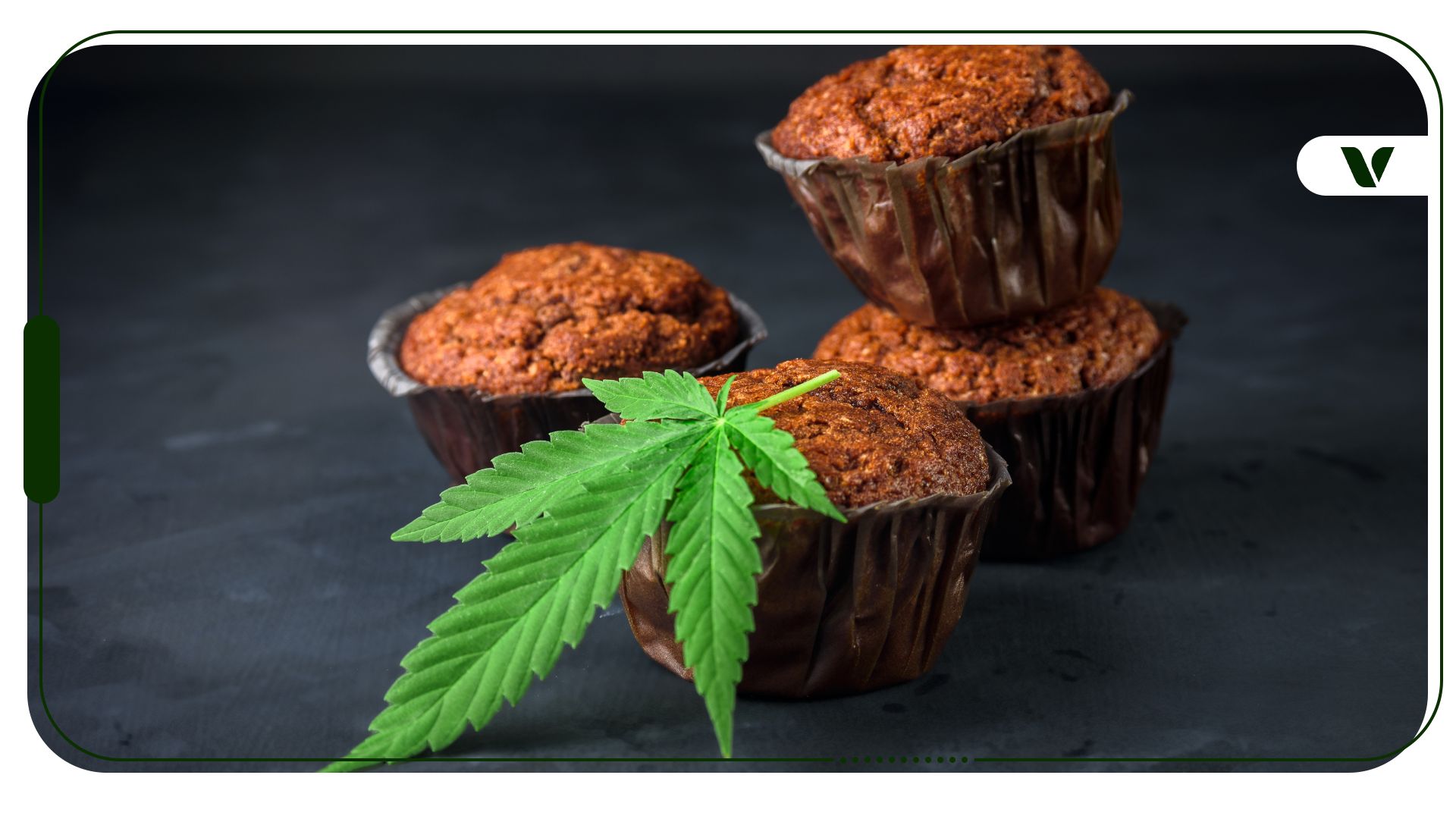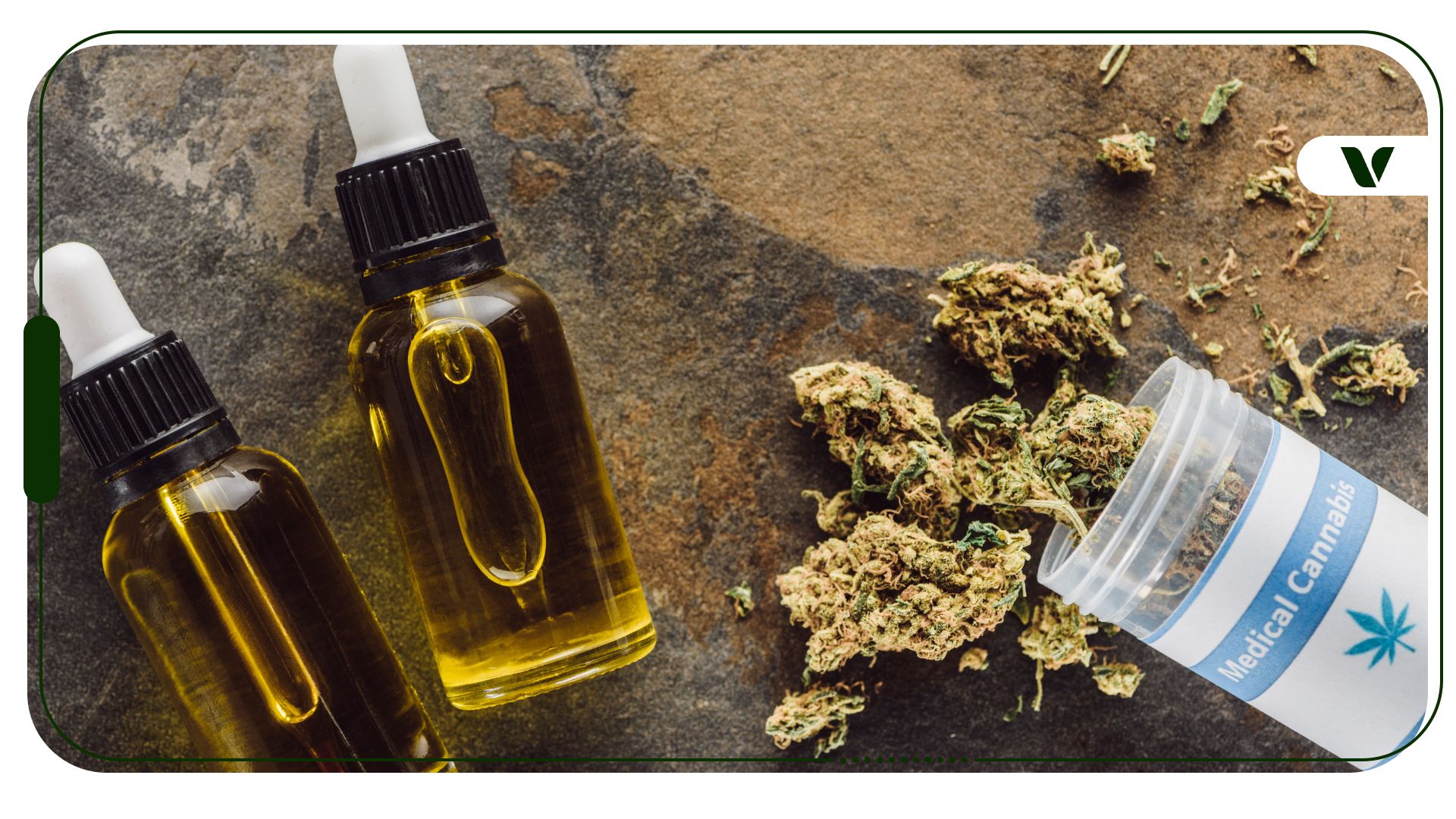Since Connecticut lawmakers embraced Senate Bill 1201 in June 2021, wannabe cannabis business owners have been eagerly waiting to get involved in the fresh adult-use (recreational) market. Fortunately for retailers and cultivators—two available business license types—the wait is over.
According to a Jan. 5 announcement from the Department of Consumer Protection (DCP), which is tasked with regulating statewide trading practices for commercial establishments, construction sites, charities, food sales, the alcohol industry, and gaming stores, specific types of adult-use cannabis establishment licenses will be open for application from Feb. 3 onwards.
There are many factors that will come into play when determining who deserves a license—with individuals in “social equity-eligible” communities expected to receive preference over types of applicants—and hopefuls are encouraged to take their time. “There is no benefit of being first,” said Andrea Comer, chair of DCP’s Social Equity Council. “We want you to have a thoughtful application.”
The Social Equity License Lottery and License Caps
Amid the excitement encompassing the launch of Connecticut’s legal adult-use cannabis market, the DCP is predicting an influx of business license applicants. In fact, demand is likely to be so intense that a lottery will need to be organized to decide who is lucky enough to be chosen among an ocean of diverse candidates.
Moreover, license caps will be imposed on the bulk of licenses. However, applicants who reside in one of the law’s mentioned “Disproportionately Impacted Areas” will be exempt from license caps and the lottery process. Instead, they will be given priority status to apply for social equity licenses.
“The first round of lotteries will be held for retailers, so if you are looking to sell edibles or gummies, this is your opportunity to apply,” Comer stated. “There are several pathways in which people can apply for these licenses, some will be applied directly to the lottery. Others will be applying directly to open a cannabis establishment.”
Initially, the following application periods will open up for a 90-day period:
A second lottery will commence in the second part of 2022 and state officials foresee the first retail dispensaries opening their doors before the end of the year. Hopeful applicants can apply for an adult-use cannabis license online by visiting elicense.ct.gov.
About Connecticut’s Adult-Use Cannabis Law
Connecticut followed in the footsteps of 17 other U.S. states that have already legalized adult-use cannabis when Senate Bill 1201 was signed into law by Democratic Gov. Ned Lamont. The plant’s use and minor possession officially became legal for recreational purposes on July 1, 2021.
Although more than seven months have passed since Connecticut’s adult-use cannabis bill was signed into law for adults aged 21 and older across the state, numerous elements of the legal package must still be settled. What we do know, however, is that state and local municipalities will be able to decide how they interpret, regulate, and put the law into practice across their communities in the near future.
Some other key facets of the newly implemented adult-use cannabis law in Connecticut include indoor cultivation, which is limited to six plants for adults aged 21 and above; this rule kicks into action on July 2, 2023. Previous sentences or convictions for cannabis possession are set to be expunged as of July 1, 2022, including basic possession charges not exceeding 4 ounces before Jan. 1, 2000.
Additionally, individual court petitions are welcomed for the erasing of criminal records from Oct. 1, 2015, through June 30, 2021. Criminal charges will also be automatically wiped clean from Jan. 1, 2023, onwards for individuals who committed the same types of crimes between Jan. 1, 2000, and Sept. 30, 2015.
Legal adult-use cannabis purchases in Connecticut will not be available in licensed retail stores until the middle of the year or, quite possibly, later. Despite the plant’s state-legal status, residents should be aware that it remains an illegal act to consume cannabis in hotels, state parks, working environments, and within 25 feet of the entrance to a public facility of any kind.
Author, Share & Comments







